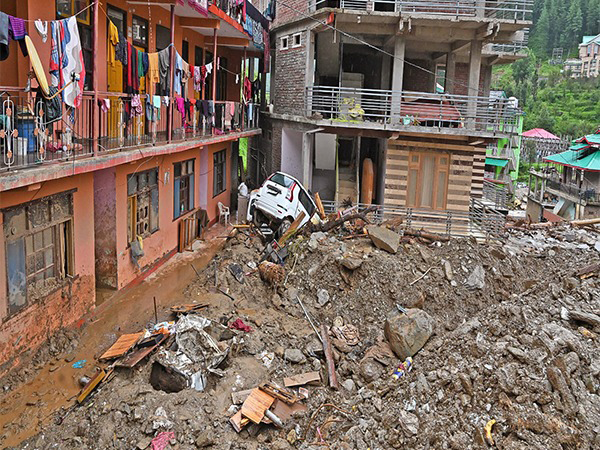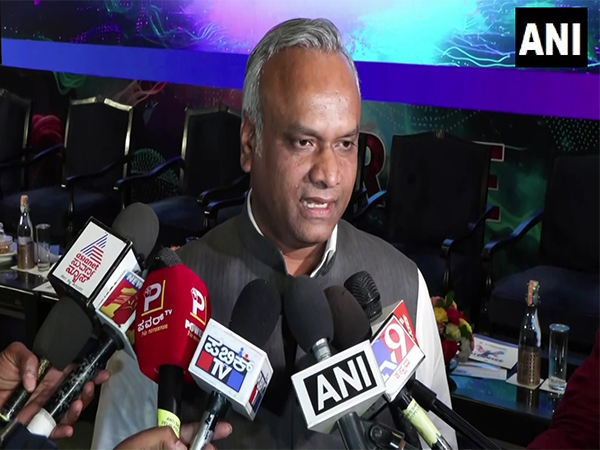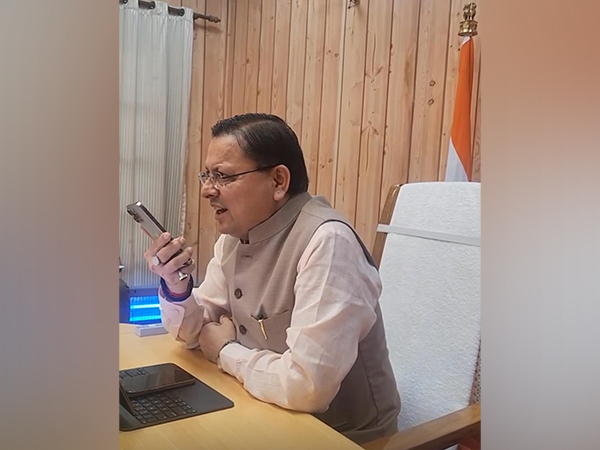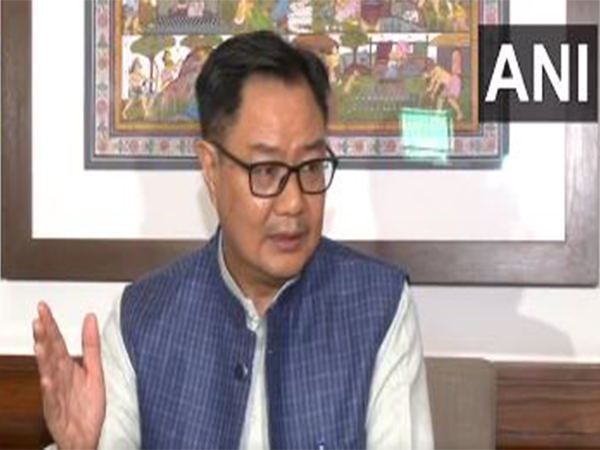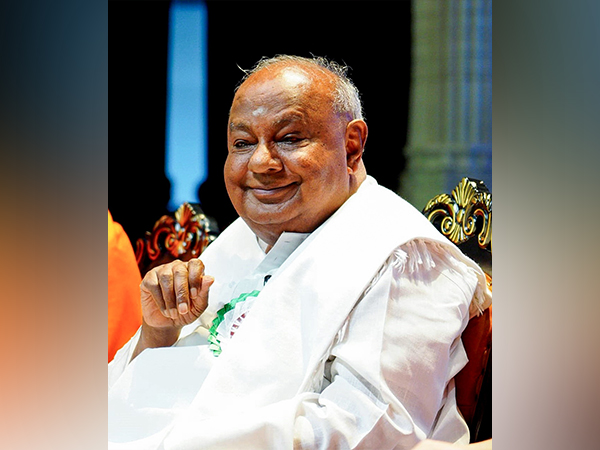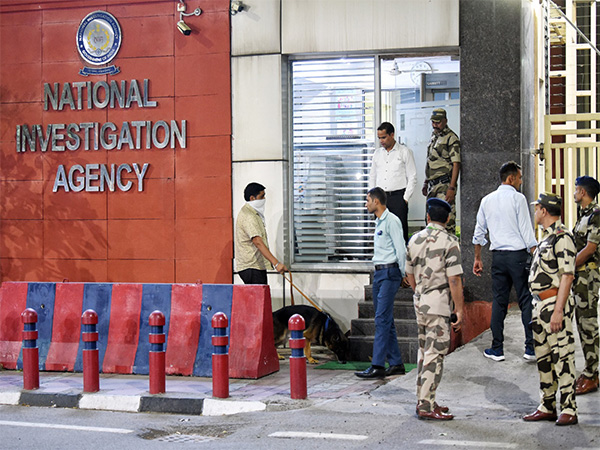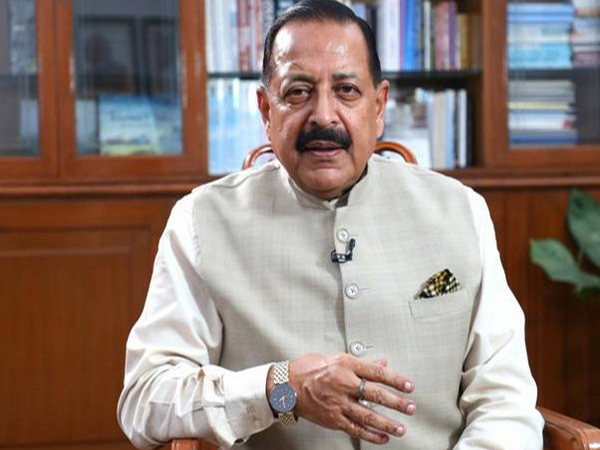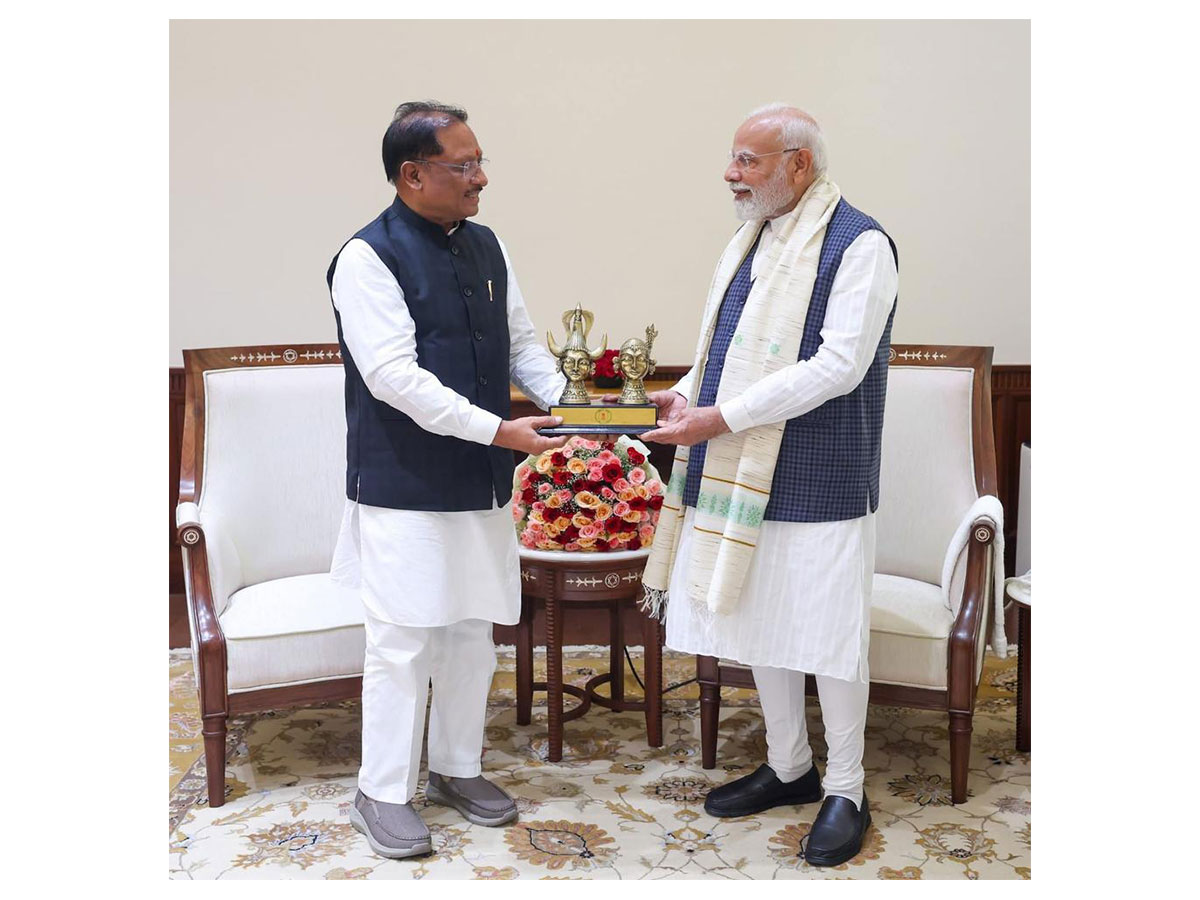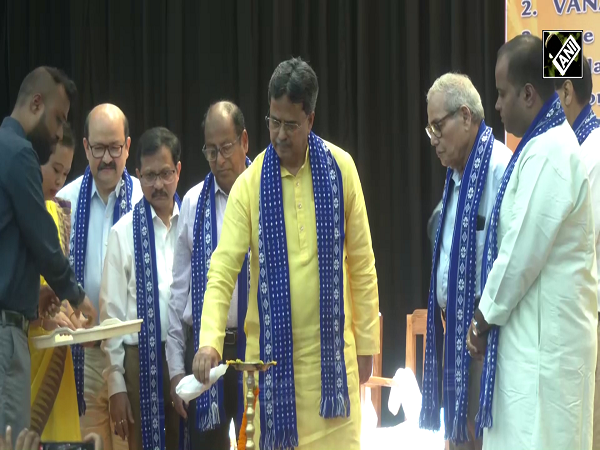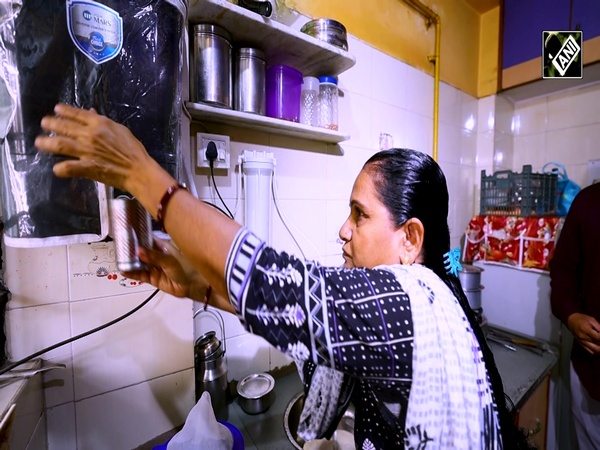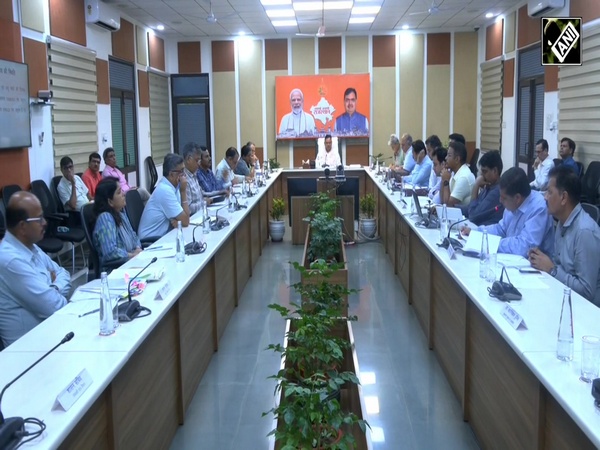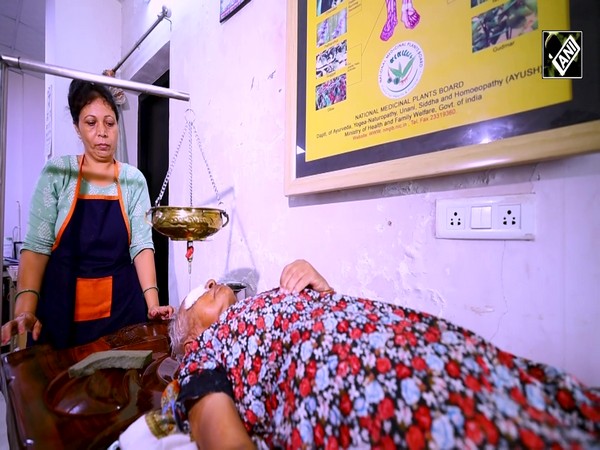
National Archives of India to organise Exhibition on 'Development of Education in North Eastern India' on Aug 8
Jul 31, 2025
New Delhi [India], July 31 : National Archives of India, in collaboration with the Higher Education Department, Nagaland, is organising an exhibition on 'Development of Education in North Eastern India' on August 8, according to the official statement from the Ministry of Culture.
La. Ganesan, Governor of Nagaland, has kindly consented to inaugurate the exhibition in the presence of Temjen Imna Along, Minister of Higher Education and Tourism, Nagaland and Samar Nanda, Joint Secretary, Ministry of Culture and Director General of Archives, on 8th August 2025 (Friday) at Capital Convention Centre, Kohima, Nagaland, as per the release.
This exhibition offers a comprehensive exploration of the region's unique journey, shaped by its tribal traditions, linguistic diversity, missionary influences, colonial legacies, and post-independence development.
Northeast India's educational evolution reflects a dynamic blend of indigenous knowledge systems and formal institutions, tracing roots from oral tribal learning to modern universities.
The exhibition highlights key milestones in the region's academic landscape, including the establishment of premier institutions and significant policy initiatives that have fostered inclusivity and regional growth, the release said.
To deepen public understanding, the exhibition categorises this heritage through thematic clusters, drawing on original archival documents. These include government files, private papers of notable personalities, photographs, rare manuscripts, and official records preserved within the National Archives and Nagaland State Archives.
The National Archives of India is an attached office under the Ministry of Culture. It was established on March 11, 1891, at Kolkata (Calcutta) as the Imperial Record Department.
Following the transfer of the capital from Calcutta to Delhi in 1911, the present building of the National Archives of India was constructed in 1926, which was designed by Sir Edwin Lutyens. The transfer of all records from Calcutta to New Delhi was completed in 1937.
The National Archives of India is also the nodal agency for the implementation of the Public Records Act, 1993 and Public Record Rules, 1997, the release said
The National Archives of India has, at present, in its repositories a collection of over 34.00 cr. pages of Public Records, which include files, volumes, maps, bills assented to by the President of India, treaties, rare manuscripts, oriental records, private papers, cartographic records, an important collection of Gazettes and Gazetteers, Census records, assembly and parliament debates, proscribed literature, travel accounts, etc. A major chunk of Oriental records is in Sanskrit, Persian, Odia, etc.
